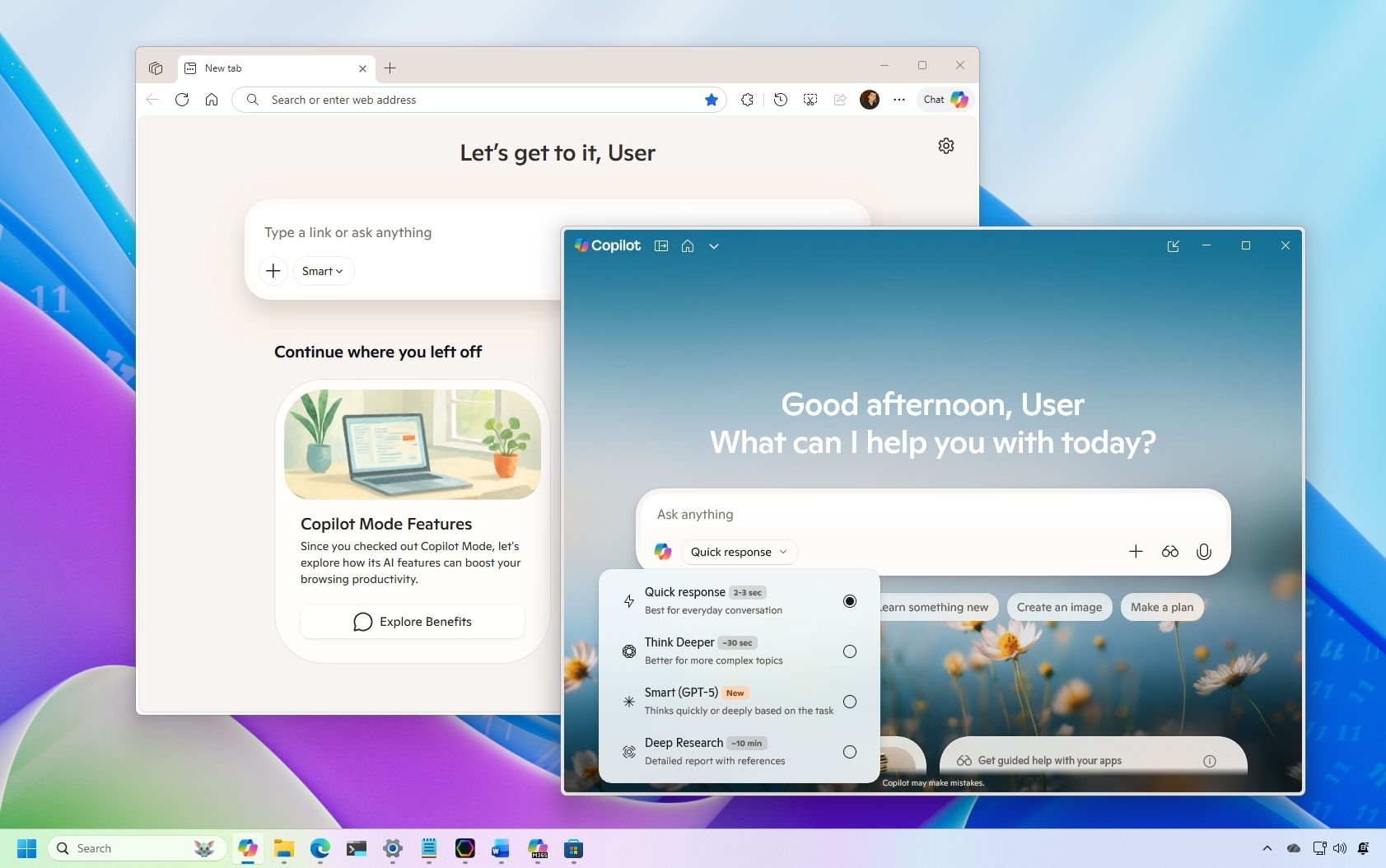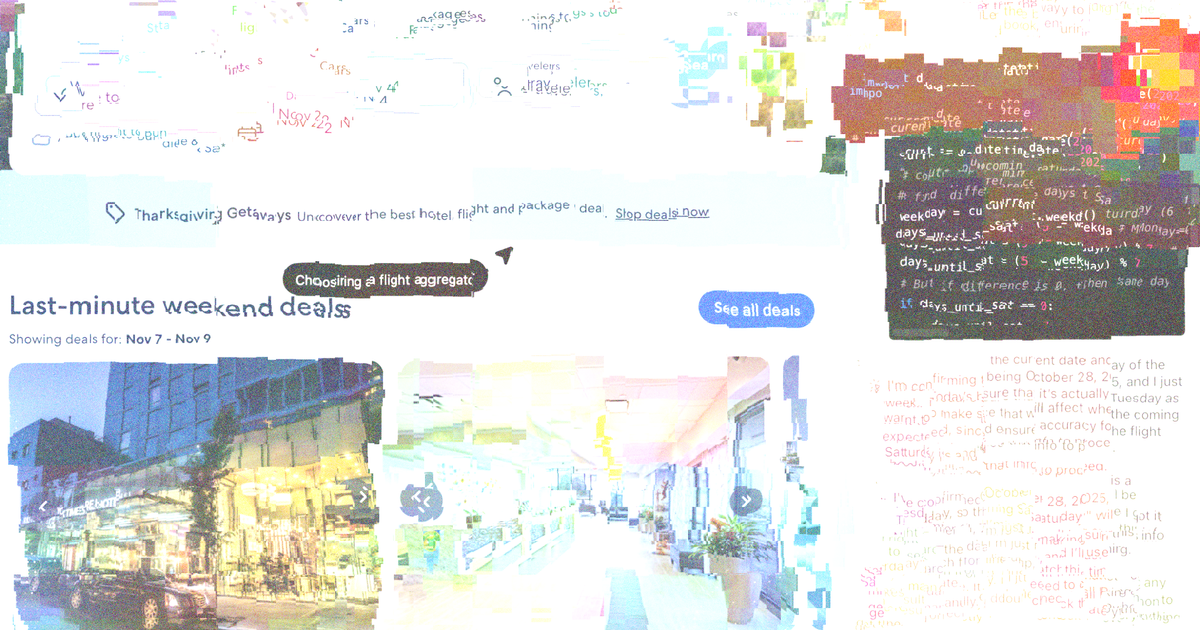Product Overview and Core Value Proposition
The ChatGPT Agent Generator is a revolutionary capability within ChatGPT that empowers users to create and deploy autonomous AI agents. Designed for Pro, Plus, and Team subscribers, these agents go beyond simple conversational responses, adeptly handling complex, multi-step tasks with ease.
Solving Key Productivity Challenges
In today's fast-paced digital landscape, businesses and developers face the daunting task of managing numerous repetitive and intricate workflows. The ChatGPT Agent Generator addresses this challenge by automating tasks such as web browsing, form filling, code execution, and API integration, significantly reducing manual effort.
Core Value Proposition
By leveraging AI, the ChatGPT Agent Generator delivers unparalleled time-saving and efficiency. Users can automate workflows with natural language instructions, allowing for seamless task execution. This tool is especially valuable for:
- Summarizing calendars and emails
- Analyzing data and generating automated reports
- Benchmarking industry datasets
- Preparing complex presentations
- Automating recurring workflows like weekly reports
Why the ChatGPT Agent Generator is Essential
Unlike basic ChatGPT, the Agent Generator provides persistent session memory and integrates natively with platforms like Gmail, Google Drive, and GitHub. This ensures a comprehensive and automated approach to managing digital tasks, enhancing productivity for developers and businesses.
Whether it's executing scheduled tasks or managing multi-step workflows, the ChatGPT Agent Generator is an indispensable tool for those looking to maximize efficiency and streamline operations. Activate Agent Mode today and experience the future of automated task management.
Use Cases and Target Users
The **ChatGPT Agent Generator** is a powerful tool designed to autonomously execute complex, multi-step workflows, making it an ideal solution for a variety of industries and scenarios. This tool can be particularly beneficial for business automation, research, content creation, and personal productivity.
### Primary Use Cases
1. **Business Onboarding Automation**: Streamline HR processes by automating tasks such as sending welcome emails, collecting compliance documents, and syncing onboarding data to platforms like Notion or Asana. This reduces manual effort for HR teams significantly.
2. **Sales & CRM Workflows**: Automate lead qualification, log data into CRM tools like Salesforce and HubSpot, and send personalized follow-up emails, ensuring CRM data remains updated without manual intervention.
3. **Customer Support Automation**: Handle Level-1 support tickets by pulling answers from knowledge bases, escalating complex tickets, and logging interactions. This supports multilingual customer queries around the clock.
4. **Automated Report Generation**: Generate financial reports, sales summaries, and analytics dashboards by fetching data, performing calculations, and formatting results into presentations or spreadsheets.
5. **Market and Competitor Research**: Conduct web browsing, compare products, compile executive summaries, and deliver insights in preferred formats, such as reports or decks.
These capabilities highlight the potential of AI in transforming traditional workflows, offering a glimpse into the future of automation.
### Target User Profiles
The ChatGPT Agent Generator is ideal for developers, businesses, and tech enthusiasts who wish to integrate AI into their workflows. Developers can leverage the tool's API and connector integration to enhance applications, while businesses can automate routine tasks to focus on strategic initiatives.
### Real-World Application Examples
- **HR Teams**: Automating onboarding processes saves time and ensures compliance.
- **Sales Departments**: Keeping CRM data updated and sending personalized communications improves customer relations.
- **Customer Support Centers**: Automating ticket handling increases efficiency and customer satisfaction.
### Performance Metrics and KPIs
ChatGPT Agent Generator Performance Metrics
| Metric |
Value |
| Task Automation Rate |
85% |
| Error Reduction |
70% |
| Time Saved |
40 hours/month |
| User Satisfaction |
90% |
| Operational Cost Reduction |
30% |
By integrating ChatGPT automation into their operations, companies can achieve significant efficiencies and drive innovation across their teams.
Integration Ecosystem and APIs
The ChatGPT Agent Generator provides a robust integration ecosystem, enabling seamless incorporation of AI-driven agents into various tools and platforms. Its API-driven architecture allows developers to embed ChatGPT agents into applications via HTTP requests, specifying models, prompts, and workflow IDs. This flexibility supports custom agent workflows with robust version control, ensuring inline updates through the OpenAI API. For more advanced needs, the OpenAI Agents SDK facilitates running agent logic on proprietary infrastructure.
Framework embedding, specifically through OpenAI's ChatKit, offers a streamlined approach to integrating agent experiences within applications. By utilizing the agent workflow ID, ChatKit supports real-time deployment alongside existing infrastructure, minimizing the need for extensive coding.
No-code integration platforms like Make and Zapier further democratize access to ChatGPT's capabilities. Make offers a drag-and-drop interface to integrate ChatGPT agents with over 1,500 apps, enabling connections with CRMs, spreadsheets, and ticketing systems. Zapier allows for the creation of custom triggers and actions, automating responses and workflow tasks without programming expertise.
Enterprise connectors enhance integration with internal systems such as CRMs and databases, while ensuring security through encryption and compliance frameworks like GDPR and HIPAA. Customization options, including model selection, prompt instructions, and output formats, provide flexibility in configuring agent workflows.
Examples of popular integrations highlight the product's enhanced functionality. Automating ticket categorization, summarizing sales calls, and updating CRMs are common scenarios. Multi-agent systems can be embedded to execute specific business logic, while real-time support agents handle voice, text, or image inputs. Workflow engines like n8n can incorporate custom ChatGPT models via API endpoints, tailored to specific operational needs.
Examples of Popular Integrations
| Integration Platform |
Functionality |
| Zapier |
Automates responses and workflow tasks with custom triggers and actions. |
| Make |
Connects ChatGPT with 1,500+ apps using a visual drag-and-drop interface. |
| ChatKit |
Embeds agent experiences within applications for real-time deployment. |
| n8n |
Configures custom ChatGPT models in workflow engines via API endpoints. |
| CRM Systems |
Automates CRM updates and enhances customer interaction management. |
These integration capabilities streamline workflows, improve efficiency, and enable businesses to harness the full potential of chatgpt automation.













